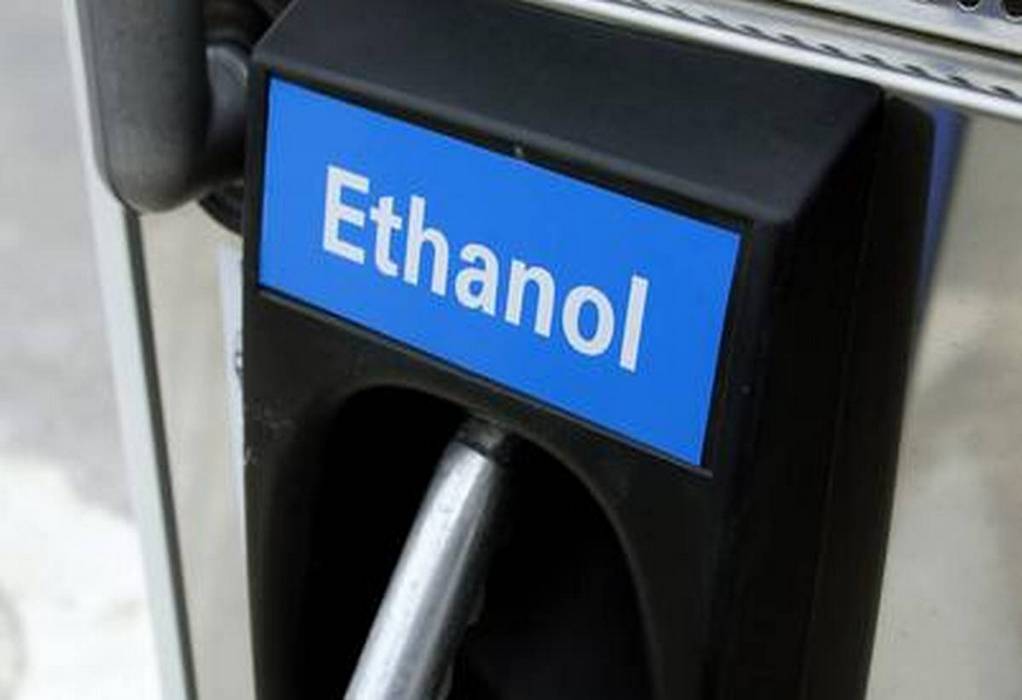The fuel, named, Ethanol 100, will cater to vehicles that can run on ethanol and is available at around 183 fuel outlets across five states – Maharashtra, Karnataka, Uttar Pradesh, New Delhi and Tamil Nadu.
In a bid to capitalise on the government’s push for ethanol as one of the alternatives to fossil fuels, India’s largest fuel retailer Indian Oil Corp opened the country’s first ethanol pump in Delhi. The fuel, named, Ethanol 100, will cater to vehicles that can run on ethanol and is available at around 183 fuel outlets across five states – Maharashtra, Karnataka, Uttar Pradesh, New Delhi and Tamil Nadu.
By April 15, the government expects Ethanol 100 to be available across 400 outlets.
Ethanol 100 fuel has the potential to transform our transportation sector and reduce our dependence on fossil fuels, the Petroleum and Natural Gas Minister Hardeep Singh Puri told reporters while launching the fuel today.
The government has already mandated ethanol blending in petrol. Currently, the ethanol blend in petrol is around 12%. The government targets 20% ethanol blending by 2025-26.
India is the world’s third-largest consumer of crude oil, and imports more than 85% of its crude oil requirements. By substituting Ethanol, the government aims to reduce its import bill and become self-reliant on energy as well as reduce the carbon footprint.
Ethanol is a biofuel produced from domestic agricultural sources such as sugarcane. Nearly 25% of ethanol used for blending originates from sugarcane juice and sugar syrup, while roughly 45% comes from B-heavy molasses, a byproduct of sugar processing rich in sugar content.
Initially, 84 retail outlets of public sector oil marketing companies offered E20 petrol. As of now, E20 petrol is available at 12,000 fuel retail outlets and the government targets a pan-India rollout by 2025. There are around 67,000 fuel outlets in the country, and around 90% of three major OMCs – Indian Oil Corp, Bharat Petroleum Corp and Hindustan Petroleum Corp – control around 90% of that.
Last year, Minister of Road Transport and Highways Nitin Gadkari had unveiled a prototype of the world’s first Bharat Stage (BS)-VI-compliant electrified flex-fuel Innova HyCross, developed by Toyota Kirloskar Motor. The car runs on 100 percent ethanol.
India’s largest passenger car maker Maruti Suzuki has also unveiled a flex-fuel prototype of its popular Wagon R, which can run on any ethanol-petrol blend between E20 and E85 fuel, with plans to launch such a compact model in 2025.
While unveiling the model, Maruti Suzuki’s Managing Director and Chief Executive Officer Hisashi Takeuchi had said the company’s research shows that ethanol fuel-based Wagon R Flex Fuel will help reduce tailpipe GHG emissions by 79 percent in comparison to a conventional gasoline Wagon R model while ensuring the same power performance.
Meanwhile, the government has also mandated the blending of compressed biogas in compressed natural gas (CNG) for transport and piped natural gas (PNG) for households in a phased manner from the financial year 2025-26. The blending is voluntary till 2024-25 while the government targets 5% blending from 2028-29.
Compressed biogas blending in total CNG and PNG consumption should be 1% in 2025-26 while the blending has to be increased to 3% and 4% in 2026-27 and 2027-28 respectively.
Tags: Ethanol, Ethanol 100, Ethanol Pump, Fuel, Indian Oil



Recent Posts
Scandlines Nears Delivery of Zero Emissions Ferry Following Successful Sea Trials
India faces emission roadblocks with rising net-zero demands
Green Energy Resources invests in two electric Liebherr LHM 550
NYK Launches Continuous Use of Bio LNG Fuel on Car Carriers to Advance Decarbonization Goals
Yang Ming Expands Fleet with Methanol and LNG Dual-Fuel Vessels Under Fleet Optimization Plan
ClassNK Advocates Speed Gap Monitoring to Optimize Fuel Efficiency in Heavy Weather
Wärtsilä’s retrofit package for the Corsica Linea ferry Pascal Paoli has resulted in fuel savings of up to 22 percent Corsica Linea
COSCO Shipping Names Second Methanol Dual-Fuel Containership in Yangzhou